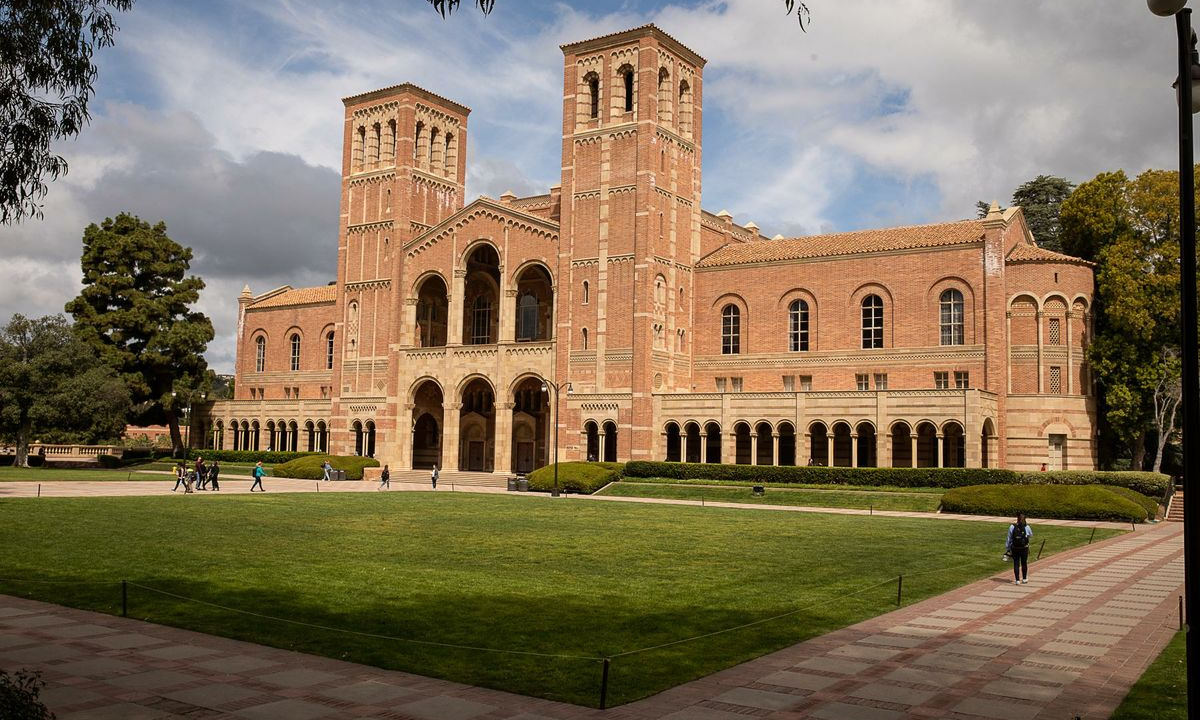Written by Sasha Reva
Schools such as UC Berkeley and UC Davis are thinking about whether to use a grading system such as pass or no-pass grade instead of the letter grade. This means that it will allow students to choose which assignments get the most weight in determining their grades.
Experimentation with this is also happening in departments at other UC campuses on how they test students, putting less priority on exams because some students aren’t good test takers.
Jody Greene, who is the associate vice provost of teaching at UC Santa Cruz said, “The changes that were happening in higher education at a glacial pace were put on a bullet train by Covid, and as painful as the last couple of years have been, we’re now having genuine conversations about how we can better serve the students.”
Some critics argue that having too many classes as pass/no pass could have a negative impact on students who are hoping to attend graduate school. However, Greene said that until about 2001 UC Santa Cruz did not assign grades at all and still sent many students to graduate school.
As of now, schools are still bringing the agenda of equality and race due to the 2020s Black Lives Matter demonstrations because of the murder of George Floyd. “Now faculty are starting to have real conversations about race and racism,” Executive Director of the UCLA Center for Education Innovation & Learning in the Sciences Rachel Kennison said. Schools are required to take ethnic studies classes such as Black perspectives and equity between the students.
“If you think about students as individuals, they don’t learn in any one way. They need multiple modes of learning and multiple modes of being assessed” said Kennison. “Ideally you are giving them lots of different types of assessments, making lots of different opportunities for them to assess their own learning right in low stakes ways. You still can have a final exam, but it doesn’t necessarily have to have that high stakes, high pressure.”
Photo Cred: University of California, Los Angeles




